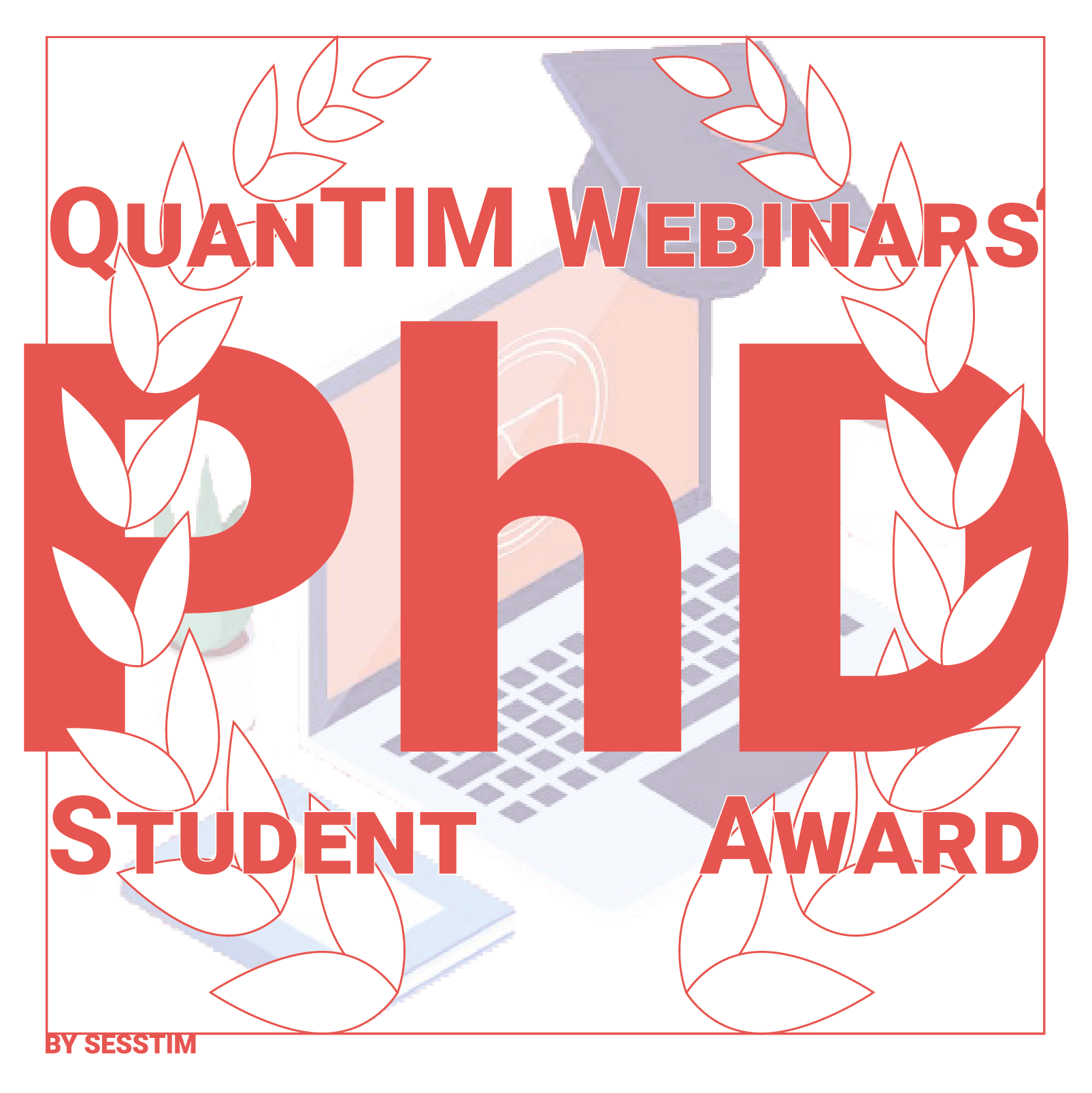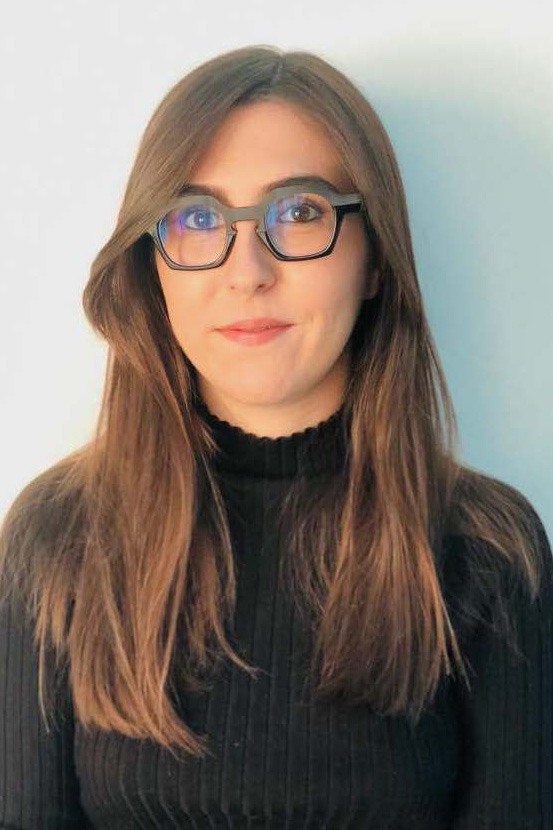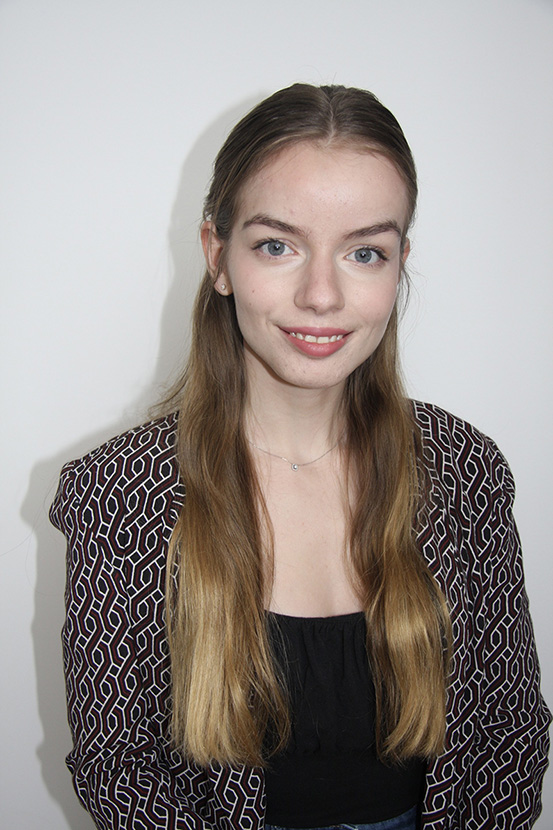|
QuanTIM webinar’s PhD student award recognizes outstanding achievements in the field of quantitative or qualitative methodological research in public health. This award has been created in order to promote and encourage young scientists at the very beginning of their career. The award winner will receive 1 500 € to finance registration and/or travel to a scientific conference or to carry out a research stay in one of the SESSTIM’s teams. In addition, the award winner will be granted the last pannelist's spot of this season's QuanTIM Webinars during which she/he will present the winning work. Like any QuanTIM Webinars, the talk will be recorded and published on our social networks, website and Youtube channel. The PhD student award is open to students who have yet to finish their PhD but whose researches are advanced enough to be presented. Graduated students can also apply as long as they have graduated for less than 12 months. |
 |
-
In recognition of her/his outstanding achievements, the award winner will be granted:
- The last panellist’s spot at the QuanTIM webinars (on Zoom), during which she/he will present, in English, her/his work (40min, maximum, presentation and 15min of questions);
- The presentation’s video will be put online on the SESSTIM's YouTube channel and the oral presentation’s support will be put online on the SESSTIM's website;
- A certificate signed by SESSTIM;
- A monetary prize of 1 500 euros for either: registration/travel to a conference or a research stay in one of the SESSTIM's teams.
-
In order to participate to the PhD Student Award, students have to meet the following criteria:
- To be enrolled in a thesis, not yet defended or defended for less than 12 months at the time of application;
- The Public health field’s must be part of one of the following topics:
- Biostatistics, Statistics;
- Biomedical informatics;
- Mathematics;
- Artificial intelligence;
- Econometrics;
- Methods for clinical and epidemiological research;
- Qualitative methods.
- Work involving applications on real data only, without methodological innovation, is not eligible;
- The student’s work has not already been accepted for publication;
- The student has informed her/his thesis supervisor of their participation in the competition;
- The student must authorise the use and distribution of videos and photos related to the competition, including on social networks;
- Any communication or publication directly linked to the winning manuscript must specify in the acknowledgements that it has received the PhD Student Award: "This work was awarded the PhD Student Award of the QuanTIM Webinars organised by the SESSTIM research unit (https://sesstim.univ-amu.fr/phd-student-award).
-
In order to participate, candidates have to submit the following documents in a single PDF file on our sciencesCONF website.
List of documents:
- Information about the application:
- Surname, first name, city, country;
- Date of first registration for thesis, main scientific discipline, title of thesis, keywords (5 maximum), expected date of defence or date of defence of thesis, University;
- Thesis supervisor(s): Surname, first name, full affiliation;
- Confirmation of eligibility criteria:
- Thesis in the field of public health;
- The work submitted presents methodological innovation, and not only an application on real data;
- The work submitted has not already been accepted for publication;
- The thesis supervisor has been informed;
- Authorisation to publish the presentation's material and video on the SESSTIM's online platforms (website, Youtube and social networks);
- Note acknowledgements if prizewinner.
- Structured manuscript:
- Title, Abstract, Introduction, Methods, Results, Discussion, Conclusions, References;
- Of a maximum of 5 pages;
- Using the IOS Press template: https://www.iospress.com/book-article-instructions.
The applications not respecting the template, or making changes to the format (margin and font size) will be rejected.
- Information about the application:
-
January 16th, 2026: start of the contest.
March 31st, 2026: application deadline. May, 2026: results announcement.
June 19th, 2026: Winner's webinar.
-
- Chair: Roch Giorgi;
- Members: members of the SESSTIM research unit who hold a PhD or are in the process of completing a PhD in the candidate field;
- The list of Scientific members will be available at the end of the competition.
-
2025 winner: Valentina Bordin

"Methodologies to Improve the Role of White Matter Hyperintensities As Neuroimaging Biomarker Of Alzheimer's Disease"
Valentina Bordin - PhD student Dipartimento di Elettronica, Informazione e Bioingegneria - Politecnico di Milano2024 winner: Léa Orsini

"Bayesian analysis of restricted mean survival time adjusted on covariates using pseudo-observations"
Léa Orsini - PhD student at Oncostat U1018, Inserm, CESP - Centre de recherche en Epidémiologie et Santé des Populations, Université Paris-Saclay, France & I-Biostat, KU Leuven, Belgium)
-
Gaël Le Méhauté: gael.le-mehaute@univ-amu.fr.






